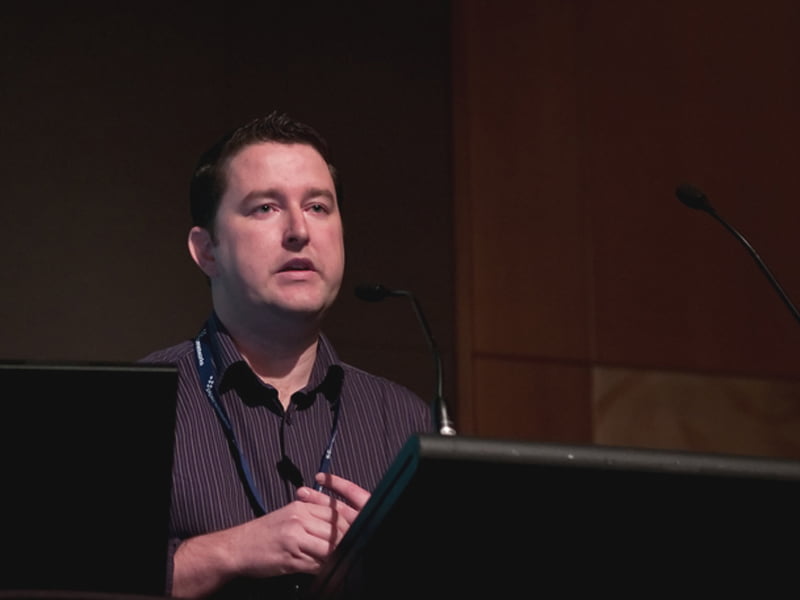Vocus Communications’ may have signed on to a 50:50 joint venture to build a new US$120 million undersea fibre-optic cable between Australia and Singapore, but don’t expect that to be the start of an expansion for the company into Asia.
Vocus chief executive officer James Spenceley says he prefers that the company sticks to its knitting, remaining entirely focused on it strengths in the Australian market.
“I am pretty pragmatic about the skills-set that we have in the Australia market. I have worked here [in this industry] all my life, we know the market here, and we know the infrastructure that’s out there,” he said. “We have an intellectual property advantage in this market.”

“If we went to China or Singapore or other parts of Asia we would not have that intellectual property advantage.
“Right now I want to stick to doing what we are good at, and what we are good at is Australia and New Zealand, not Asia.”
Connecting Australian businesses and consumers to Asia is a different story.
The digital trade route to Australia’s commercial partners to the north was expanding quickly, and the Australia-Singapore Cable (ASC) joint-venture with Nextgen Networks – confirmed by Vocus yesterday – represented an “incredible opportunity, Mr Spenceley said.
Speaking at an Innovation Bay breakfast function in Sydney, he said the cable was “a critical piece of technology that would be in place for the next 30 or 40 years” and deliver ten times the capacity of the existing infrastructure.
Vocus has been on an incredible roll in 2015. Fresh from its stunning acquisition of Amcom and with buyout of the M2 Telecommunications consumer telecommunications group expected to be completed by February, Vocus has emerged as the industry’s growth story for the year.
Mr Spenceley said the M2 acquisition was prompted – at least in part – by opportunities presented by the faster roll-out of the NBN. Vocus was never a supporter of Labor’s fibre to the home plans, arguing it was too expensive and would take to too long to complete.
“The Turnbull plan to run fibre to the node actually does make sense, particularly from a timing perspective.”
“The faster roll-out is important. That’s why we are making the investment in M2,” he said.
“It really is starting to turn. You’re seeing I think it’s a million homes passed today. This time next year it will be two million homes passed. And the year after it will be four million homes passed.”
“So pretty soon, like around 2018, you’ll start to see half or close to half of the homes in Australia passed [by the NBN]. That’s incredibly soon, so it is well on its way.”
In the meantime, Mr Spenceley won’t presume to guess what the new Turnbull leadership team will do with its innovation policy, but is happy the tech sector is getting more attention than previously.
“Malcolm Turnbull is certainly the most focused Prime Minister in the technology and startup space that we have ever had, and that is going to be incredibly good for the industry,”
Do you know more? Contact James Riley via Email.

